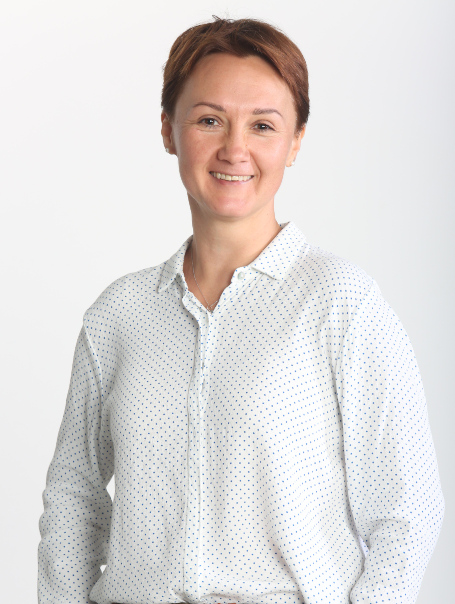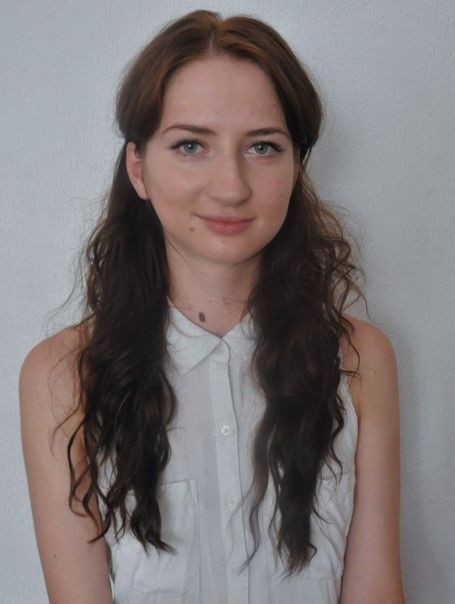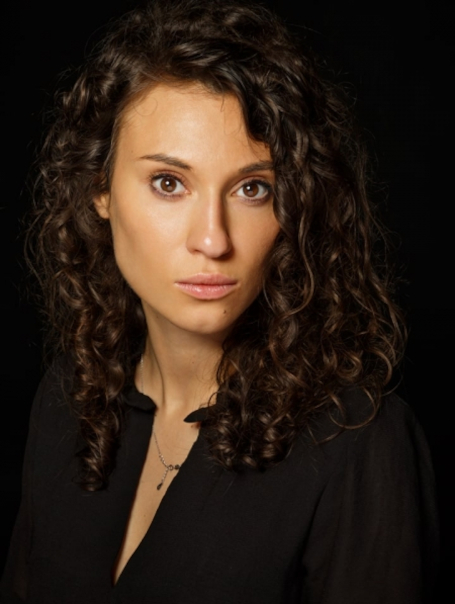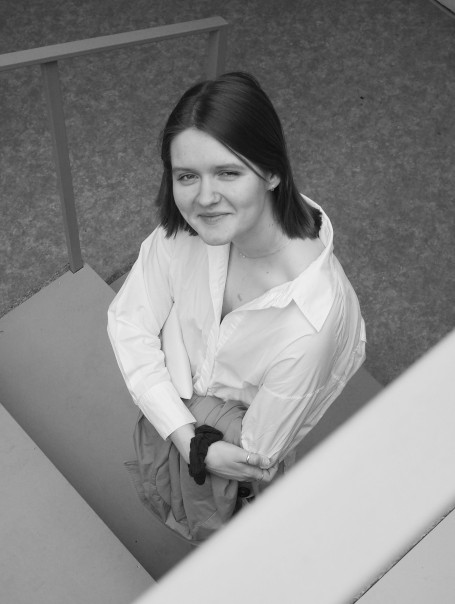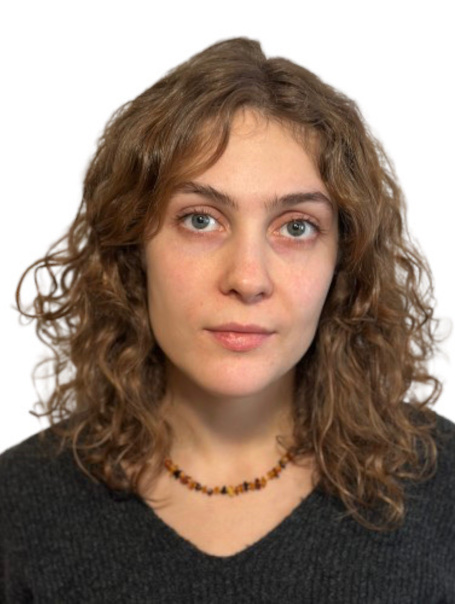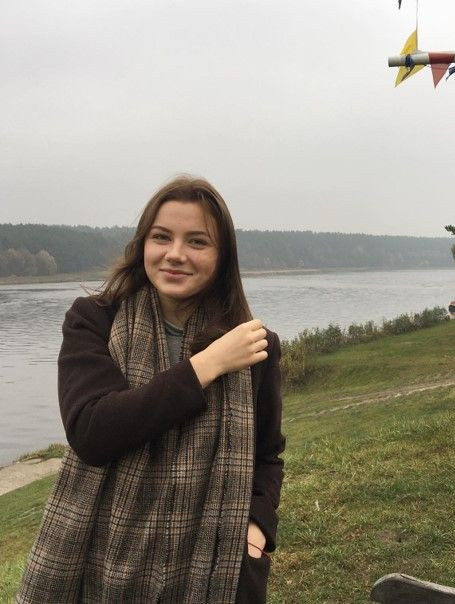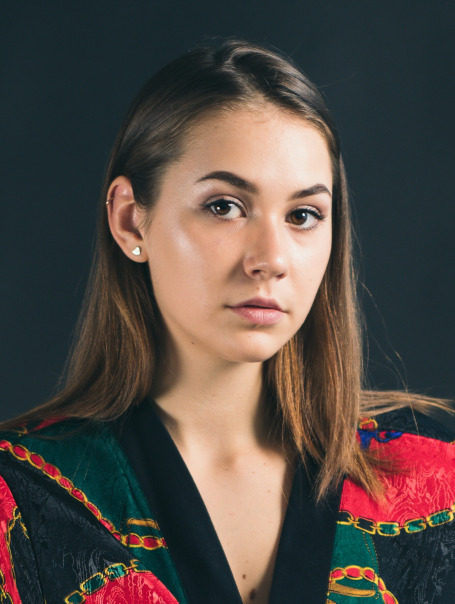Our research group investigates relationships between cognitive, socioemotional functions and endogenous sex steroids as well as synthetic substitutes of sex steroids (hormonal contraceptives). We focus on the evaluation of psychophysiological and behavioral parameters. We measure electrical brain activity (EEG, ERP), electrical activity of facial muscles (EMG), cardiovascular activity (ECG, HRV), and eye movements while participants perform tasks related to cognitive functions (mental rotation, verbal functions, etc.), emotions recognition and empathy, functional brain lateralization etc. Saliva serves as the source for determination of the sex steroids using ELISA method.
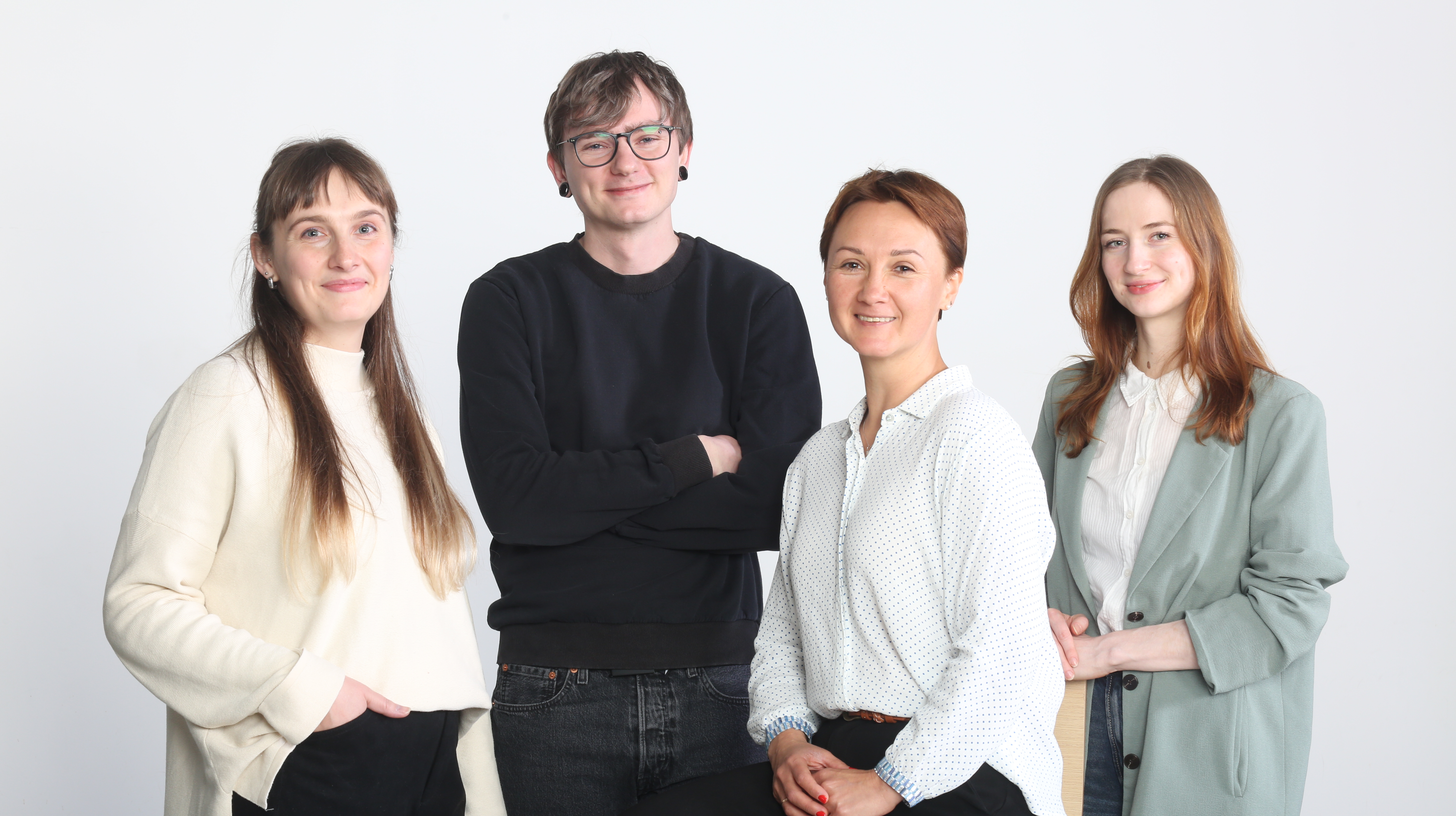
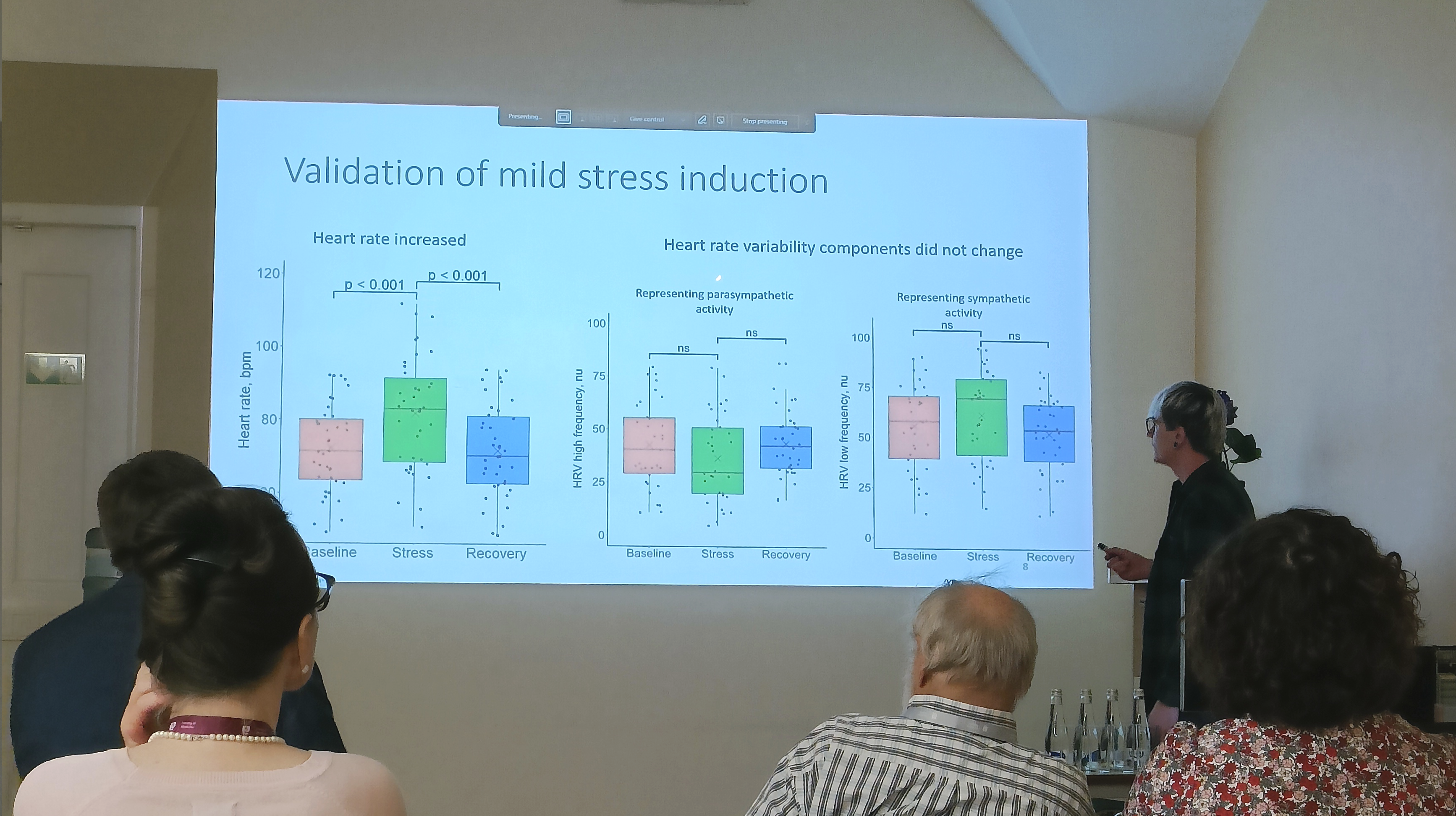
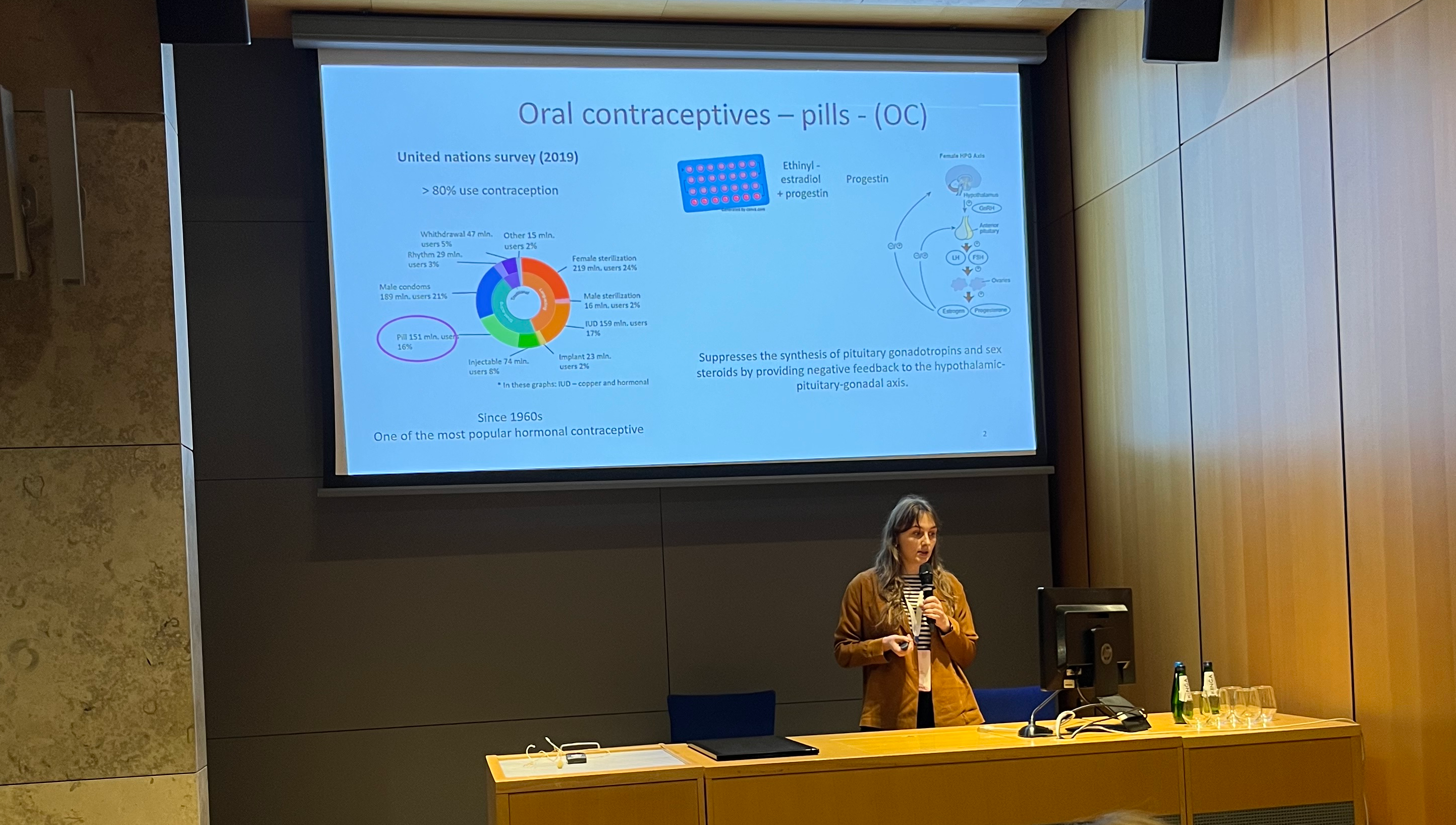
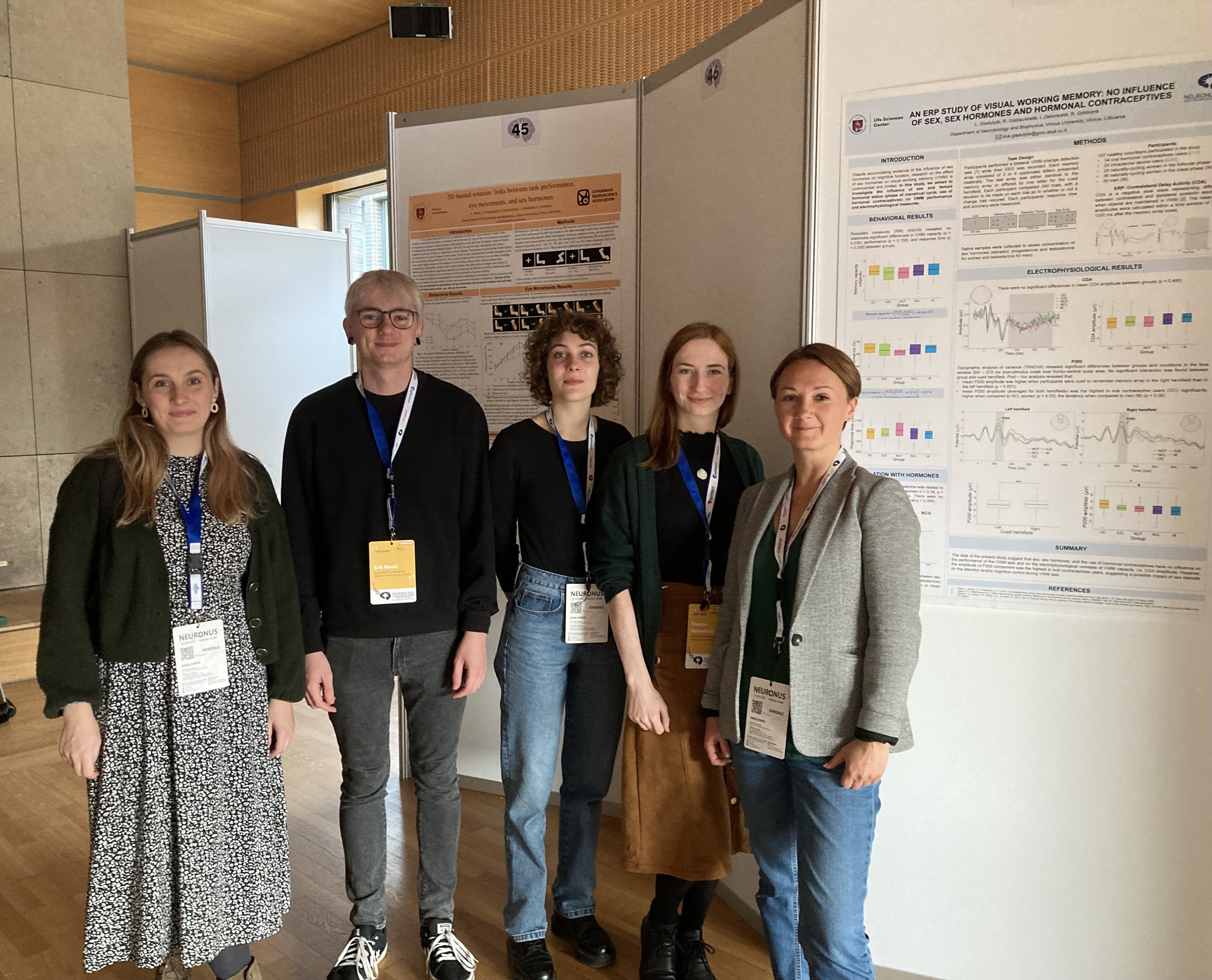
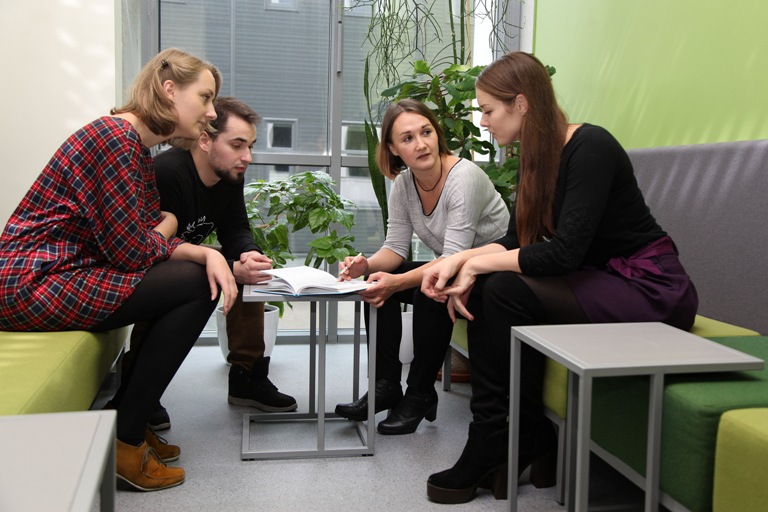
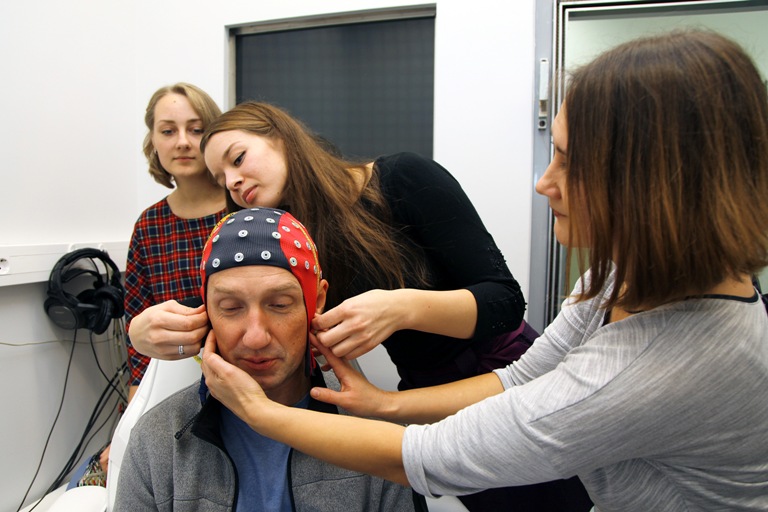
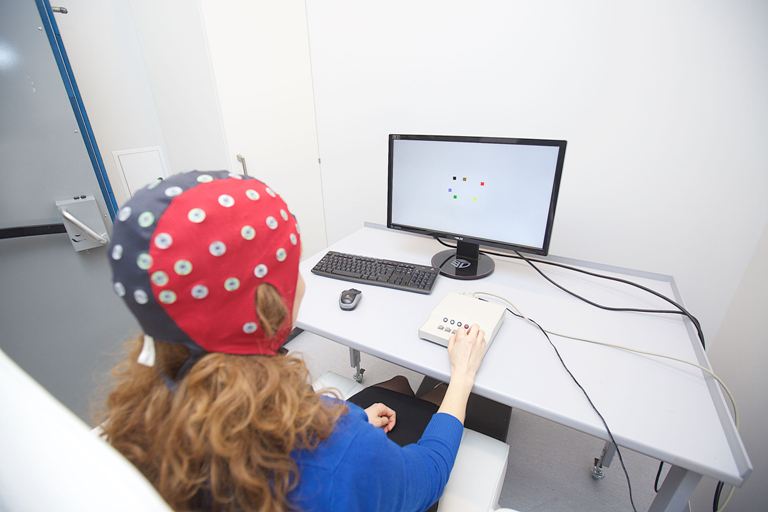
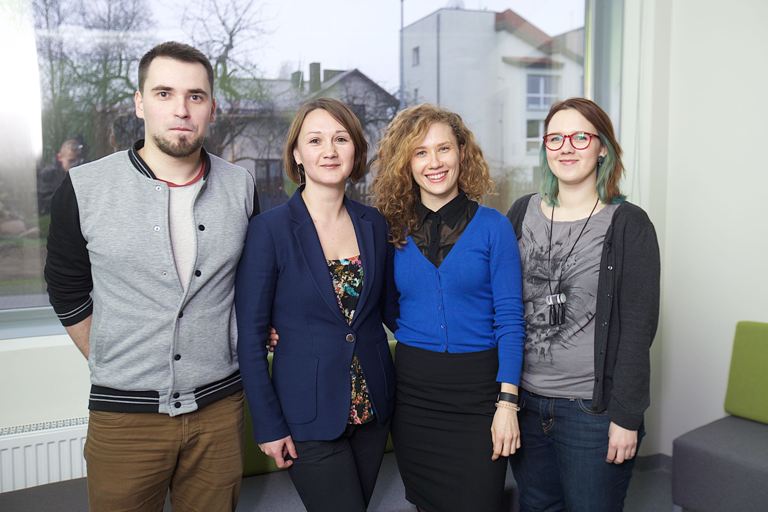

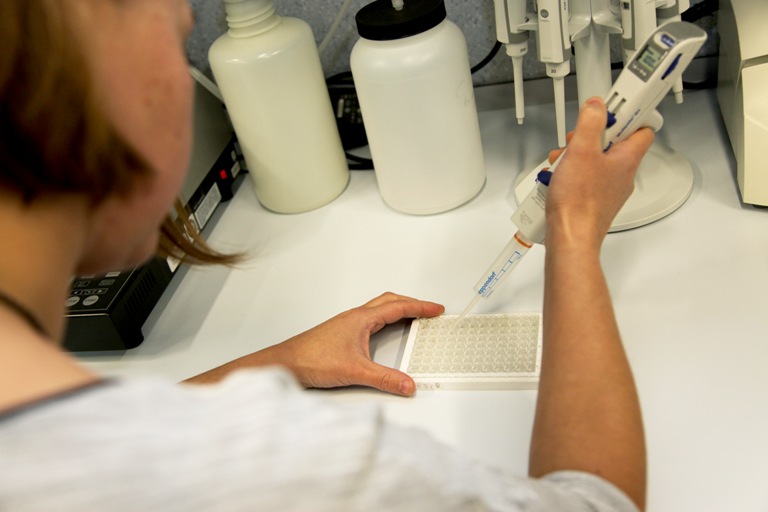
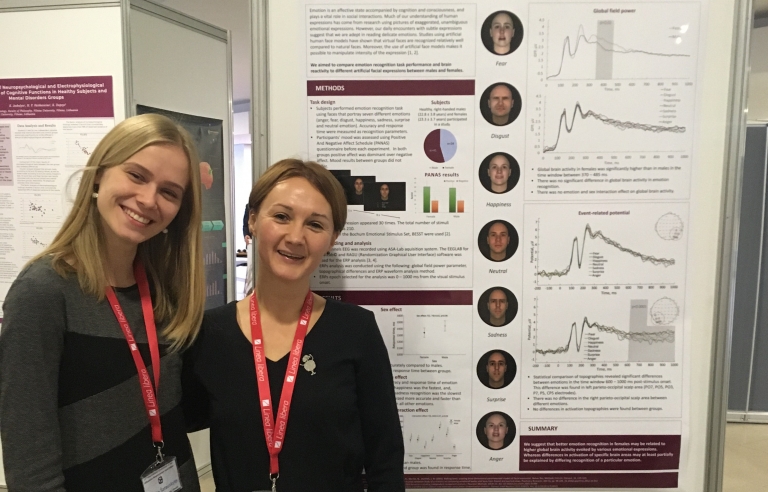
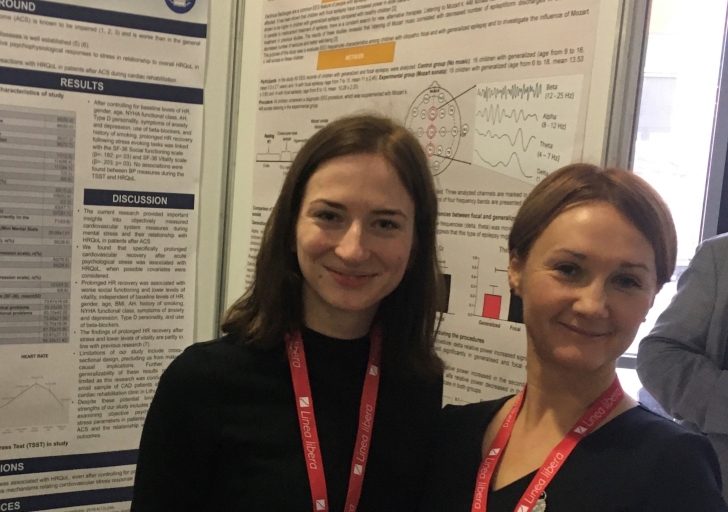
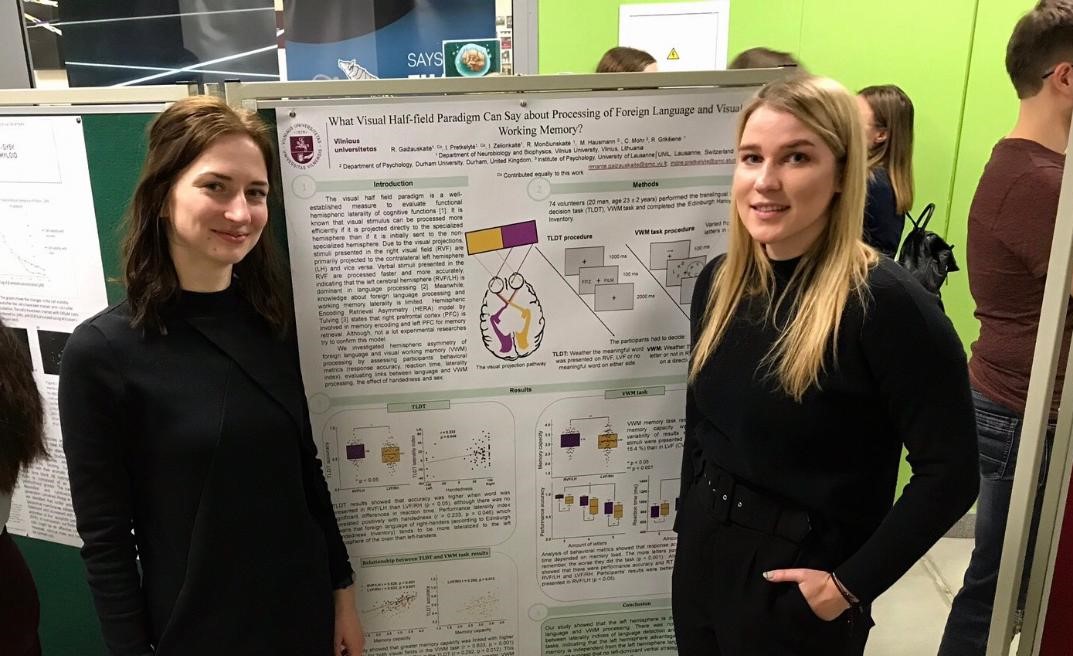

Methods and equipment:
• EEG recording - 64 channels ASA Lab system;
• EEG analysis - Matlab, EEGLab, Ragu, sLORETA;
• Eye movements - EyeLink, Tobii;
• Other physiological measurements - PowerLab data acquisition hardware and LabChart software;
• Stimuli presentation - E-Prime software;
• Quantitative sex steroid hormones (estradiol, progesterone, testosterone) determination in saliva - ELISA assay.
Group members
|
Group leader PhD, Assoc. Prof. Ramunė Grikšienė
|
PhD sudent Rimantė Gaižauskaitė
|
PhD sudent Ingrida Zelionkaitė
|
|
PhD sudent Ieva Brimienė
|
PhD student Erikas Ilkevič
|
MSc student Ghina Hafez
|
|
MSc student Donata Bagdonavičiūtė
|
MSc student Gabrielė Kukytė
|
MSc student Monika Palaimaitė
|
|
MSc student Karolina Krivičiūtė
|
BSc student Liepa Spietinytė
|
BSc student Kotryna Paulauskaitė
|
|
BSc student Kamilė Gindulytė |
|
Ongoing research. Invitation to participate
Assessing women's self-perception and cognitive and emotional abilities during the menstrual cycle
Self-esteem is an important aspect of self-concept and better self-esteem is associated with positive emotions, ability to cope with challenges, better performance at work and correlates strongly with life satisfaction. Cognitive and emotional functioning are an important part of our daily lives. It has been observed that women tend to perceive their cognitive abilities as changing over the course of the menstrual cycle, e.g. impaired memory or ability to concentrate. Emotional fluctuations, such as higher emotionality towards the end of the cycle, have also been observed, but no systematic studies have been published to our knowledge assessing the extent to which these subjective assessments coincide with objective performance on tasks. Therefore, the aim of the present study was to assess how self-assessment in the context of task performance is related to hormonal fluctuations during the menstrual cycle.
Protocol aproved by the Vilnius Regional Biomedical Research Ethics Committee, No 2023/09-1536-999
Currently we are welcome native Lithuanian speakers to joint the experiment.
The relationship between sex hormones and male empathy
Empathy involves a variety of intertwined socio-emotional processes that cannot be precisely separated. Recognition of one's own and others' emotions is an integral part of empathy, while suppression of emotions can undermine emotion recognition, compassion and is associated with depression. The public perception that emotionality is an unmasculine trait has a significant impact on men's more pronounced suppression of emotions, thereby increasing the likelihood of depression and suicidal ideation. The relationship between sex hormones and male empathy has not been studied much, but an assessment of this relationship could help to better understand the influence of biological factors on this psychological phenomenon. Therefore, this study focuses on men's socioemotional processes and their relationship with sex hormones.
Protocol aproved by the Vilnius Regional Biomedical Research Ethics Committee, No 2023/09-1536-999.
The call for the study participants will be announced shortly.
Investigating the relationship between menopausal symptoms, stress and gut microbiota
In this study, we look at the link between menopausal symptoms, stress and gut microbiota. Together with PhD student Ieva Brimiene, a gynaecologist, we will conduct the study in several stages. We started with a survey inviting women aged between 45 and 55 years. The aim of the survey was to assess the symptoms of current or impending menopause, general well-being and stress.
Thank you to all who took part. We are currently analysing the results of the survey and will share them shortly.
Effects of sex and sex hormones on cognitive and socio-emotional function
The study assessed the association of sex and sex hormones with socio-emotional and cognitive functions. To achieve the aim of the study, two studies were conducted using two different psychophysiological methods: eye movement recording and electroencephalography.
Permission for the study was granted by the Vilnius Regional Biomedical Research Ethics Committee, 28 April 2020, No.2020/4˗1223˗708.
Publications are currently in preparation.
Projects
Men's mental well-being: A psychophysiological study of interactions between empathy, stress, and sex hormones
October 2023 - April 2024. Leader of the group: R. Grikšienė.
As society faces socio-cultural challenges, issues such as mental health, addiction and suicide risks, are gaining increasing attention. Although anxiety disorders and depression are diagnosed twice as often in women as in men, over ¾ of the more than 43,000 suicides in the EU each year are committed by men, and in Lithuania, male suicides are about four times more common than female suicides. Mental well-being is strongly influenced by a person's individual biological (age, gender, hormones) and socio-emotional characteristics. The common perception that emotionality is an 'unmanly' trait may have an impact on men's tendency to repress their emotions, more pronounced inability to recognise and describe their own emotions, their reluctance to communicate negative experiences, and even on their negative attitudes towards psychological support. In addition, testosterone and estrogen have been found to be associated with emotion processing and empathy, and the hormones released during stress can both improve and worsen emotion recognition and/or expression.
The results of this study may contribution to the fundamental knowledge of the interactions between the factors studied and have practical applications in the development of targeted interventions to improve men's mental well-being. Increased attention to factors related to men's emotional well-being can make a significant contribution to addressing global challenges such as discrimination, suicide, public safety and old age.
The Research Council of Lithuania, Agreement No. P-ST-23-309, 2023 10 – 2024 05
Rhythms in human body: the search for relationships between brain oscillations and fluctuations of sex hormones
“Rhythms in human body: the search for relationships between brain oscillations and fluctuations of sex hormones”, from the 1st june 2023 to the 15th december, 2023.
Main activities:
- June 2, 2023. Project start meeting, will be organized at Vilnius University, Life Sciences Center and online.
- June 2 - July 3, 2023. Final steps of the study, analysis of behavioral data, assessment of sex hormones in collected samples. Online training „EEG preprocessing and frequency analysis“.
- July 4 – 25, 2023 PhD and Master students visits at University of Münster to learn proposed EEG data analysis methods.
- September 20-22, 2023. Workshop “EEG analysis” will be organized at Vilnius University.
Workshop “EEG data analysis”
20-22 September, 2023
Vilnius University, Life Sciences Center, Sauletekio ave. 7
Program
20th September (Wednesday) Introductions. R402 auditorium
13-13.15 Opening. Coffee/Tea.
13.15 - 14 Lecture. Introduction to EEG. Ramunė Grikšienė, Vilnius University
14-16 Lecture. EEG oscillations. Elena Čėsnaitė, University of Munster
21st September (Thursday) Methods
R201 auditorium
10-11 Lecture. Preprocessing of EEG data. Elena Čėsnaitė, University of Munster
Coffee/Tea Break
11.30 - 13.30 Practicals*:
-
Preprocessing of resting state EEG. Elena Čėsnaitė (University of Munster), Rimantė Gaižauskaitė, Ingrida Zelionkaitė, Vilnius University
-
Analysis of oscillations (periodic, aperiodic activity). Lina Gladutytė, Vilnius University, Elena Čėsnaitė (University of Munster)
Lunch break
R404 auditorium
14.30 -16.00 Lecture and Practical. Automated preprocessing of EEG data. Valdas Noreika, Queen Mary University of London.
Coffee/Tea Break
16.15-18.00 Lecture and Practical. Multivariate source separation. Rasa Gulbinaitė, Netherlands Institute for Neuroscience, Amsterdam.
22nd September (Friday) Applications
R103 auditorium
10-11 Lecture. Mothers-babies EEG hyperscanning. Valdas Noreika, Queen Mary University of London
11-11.30 Lecture. The search for relationships between EEG parameters and female hormonal satus. Ingrida Zelionkaite, Vilnius University.
11.30 - 13 Discussion. Coffee/Tea
Participation in the Workshop is free, but the number of places is limited, and registration is required.
Registration form: https://forms.gle/SVUtAqjNjQbjKs3X9
All participants will receive a certificate of attendance (17 hours).
* Note: if you want to follow the practical part and try the analysis steps together with us - please bring your own laptop!
This project of the Baltic-German University Liaison Office is supported by the German Academic Exchange Service (DAAD) with funds from the Foreign Office of the Federal Republic Germany.

More information about the project: http://www.hochschulkontor.lv/en/projekti/atbalstitie-projekti/rhythms-in-human-body-the-search-for-relationships-between-brain-oscillations-and-fluctuations-of-sex-hormones/
The processing of highly salient and biologically relevant emotional stimuli: gender differences and relationship to sex steroids
"The processing of highly salient and biologically relevant emotional stimuli: gender differences and relationship to sex steroids", from the 1st June 2020 to the 01th November, 2020
In collaboration with colleagues from Tübingen (Germany) and Tartu (Estonia) Universities our group is implementing a project which the main goal is knowledge sharing and collaboration in the area of emotion research and psychoneuroendocrinology between the project partners. Hence, emotion perception and regulation research will take place at the Vilnius University; we will organize project partners’ meetings, emotion research workshops and results presenatation in various conferences including one organized by the Lithuanian Neurocscience Association.
All partners will collaborate to design and conduct a reseach to evaluate how men and women recognize and regulate emotions. For this purpose both subjective and objective (brain imaging) methods will be used. Knowing that sex steroid balance has a signficant effect on emotions, women who use hormonal contraceptives will be one of the focus points.
Collaboration between partners will be maintained both through live meetings and remote work. First results and existing knowledge on the topic will be presented during two events in November 2020 – workshop “Emotion perception and regulation” and the 12th Conference of the Lithuanian Neuroscience Association.

More information about the project: http://www.hochschulkontor.lv/en/projekti/atbalstitie-projekti/the-processing-of-highly-salient-and-biologically-relevant-emotional-stimuli-gender-differences-and-relationship-to-sex-steroids/
UPCOMING EVENTS
5th November, 11 am - 3 pm.
WEBINAR From emotion perception to regulation: workshop on socio-emotional functions.
WHERE. Online (link will be sent to registered e-mail) or in Life science center, Vilnius University, Sauletekio ave. 7, R102. More information abouth this event here.
REGISTRATION to Webinar and/or Public event: https://bit.ly/2GC9mkM
EVENTS
22 – 23 June 2020. Project start meeting, was organized in Vilnius University, Life Sciences Center and online.
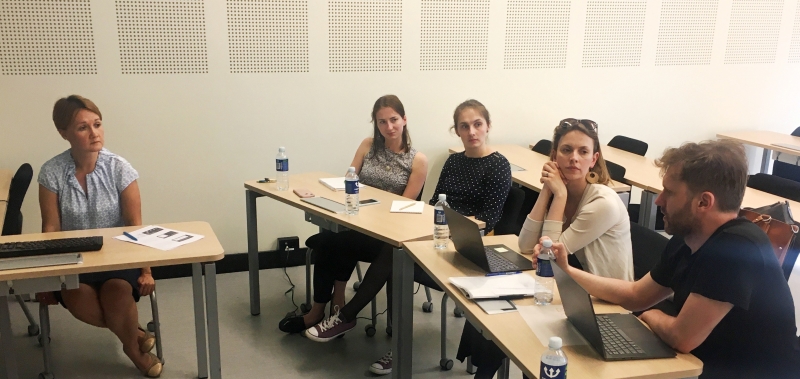
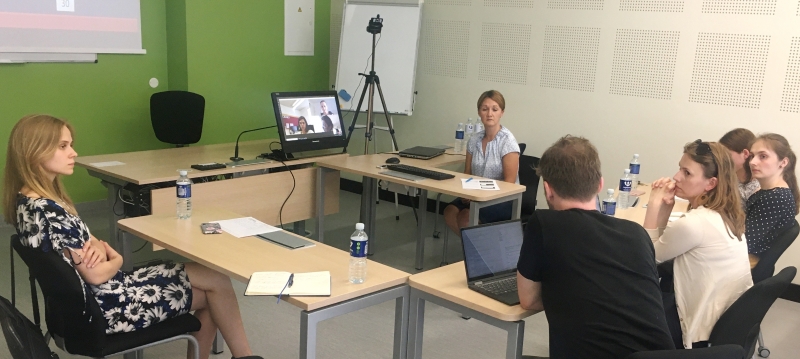
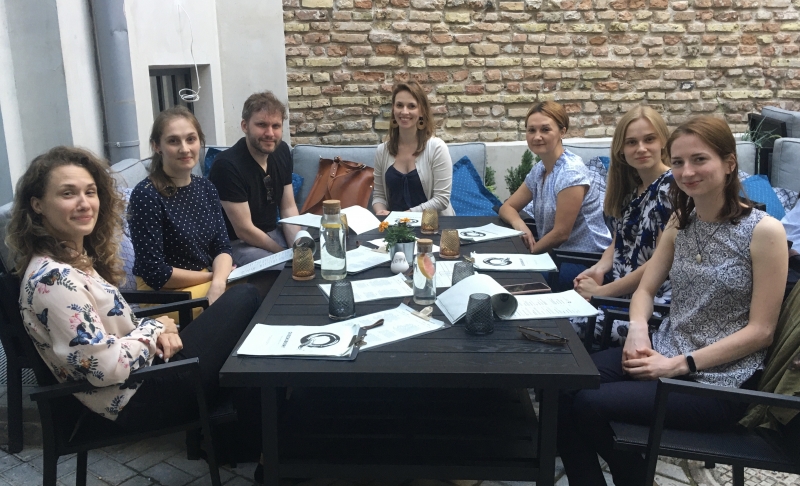
Graduates
2024 m absolventai - Lina Gladutytė, Milda Brokevičiūtė, Dominyka Bruzdaitė, Dominyka Kontrimaitė, Ieva Fedosova
|
Lina Gladutytė |
Milda Brokevičiūtė |
Dominyka Brūzdaitė |
|
Dominyka Kontrimaitė |
Ieva Fedosova |
2023 Graduates - Kamile Kupiliauskaitė, Kostas Šimaitis, Roberta Morkūnaitė, Eglė Jašinskaitė, Vilija Simonaitytė.
2022 Graduates - Kornelija Burokaitė, Lina Gladutytė, Milda Brokevičiūtė, Jolvita Briazkalaitė, Julija Kravčenko, Erik Ilkevič.
|
Kornelija Burokaitė |
Jolvita Briazkalaitė |
2021 Graduates- Livija Šarauskytė, Mykolas Gudaitis, Indrė Pretkelytė, Karolina Čižaitė, Karolina Jakštaitė.
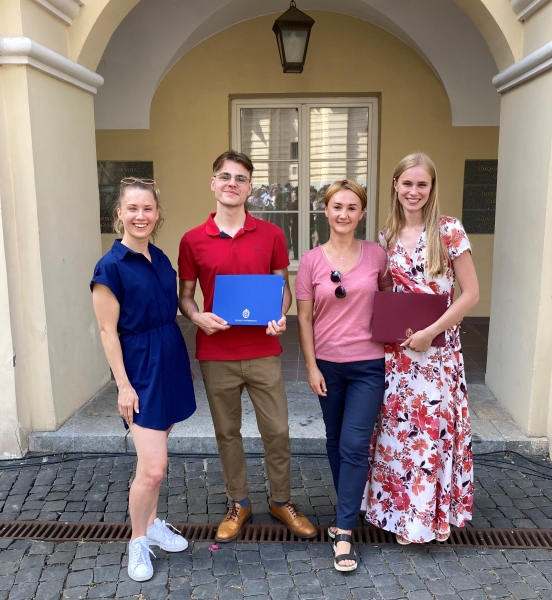
|
Indrė Pretkelytė |
Karolina Jakštaitė |
Karolina Čižaitė |
2020 Graduates - Aurelija Putramentaitė, Ričardas Baliutis, dr. Rasa Mončiunkaitė


2019 Graduates- Ernestas Švedas ir Rimantė Gaižauskaitė
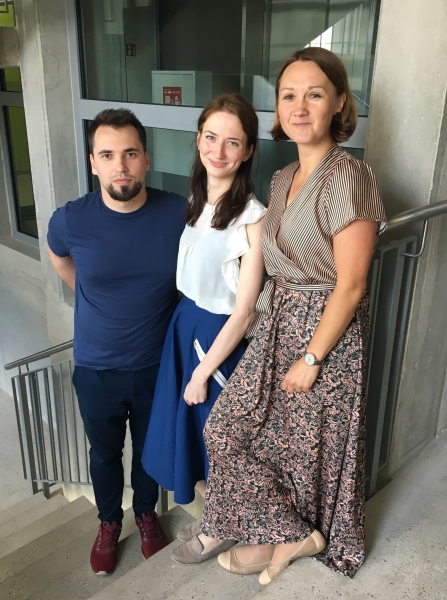
2017 m. Graduates: Dorita Bimbirytė, Ieva Lukštatitė, Julijus Motiejūnas, Benedikta Lataitytė
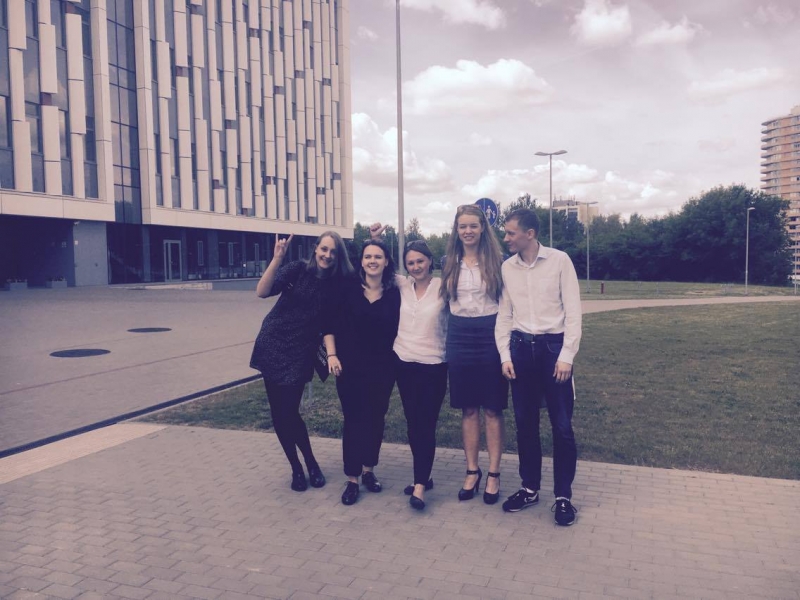
Collaborators
Prof. Birgit Derntl, University of Tübingen, Germany.
Dr. Helen Uusberg and Dr. Andero Uusberg, University of Tartu , Estonia.
Prof. Markus Hausmann, Durham University, United Kingdom.
Associate Prof. Thomas Koenig, Medical Faculty of the University of Bern, Switzerland.
Dr. Elena Čėsnaitė, Institute of Psychology, University of Münster, Germany.
Dr. Eglė Mazgelytė, Faculty of Medicine, Vilnius University, Lithuania.
PhD candidate Melanie Kowalczyk SWPS University of Social Sciences and Humanities, Department of Psychology, Poland.
PhD student Gintarė Dagytė-Kavoliūnė, Faculty of Economics and Business Administration, Vilnius University, Lithuania.
PhD student Dovilė Mikučionytė, Faculty of Phylosophy, Institute of Psychology, Vilnius University, Lithuania.
Dr. Violeta Cimalanskaitė-Kazlauskienė, Faculty of Phylosophy, Institute of Psychology, Vilnius University, Lithuania.
Publications
2025
Gaižauskaitė R., Gladutytė L., Zelionkaitė I., Grikšienė R. (2025) Exploring the role of sex, sex steroids, menstrual cycle, and hormonal contraception use in visual working memory: Insights from behavioral and EEG analyses. International Journal of Psychophysiology. https://doi.org/10.1016/j.ijpsycho.2025.112520
Bencker C., Gschwandtner L., Nayman S., Grikšienė R., Nguyen B., Guennoun R., Nater UM., Sundström-Poromaa I., Pletzer B., Bixo M., Comasco E. (2025) Review. Progestagens and progesterone receptor modulation: effects on the brain, mood, stress and cognition. Frontiers in Neuroendocrinology (Elsevier). https://doi.org/10.1016/j.yfrne.2024.101160
2024
Brimienė I., Šiaudinytė M., Ilkevič E., Mazgelytė E., Karčiauskaitė D., Songailienė J., Kaminskas A., Petrėnas T., Utkus A., Burokas A., Grikšienė R. (2024) Associations of reproductive hormones and stress-related factors with menopausal symptoms. Menopause| DOI: 10.1097/GME.0000000000002463
Ilkevič E., Hausmann M., Grikšienė R. (2024) // Review. Emotion recognition and regulation in males: role of sex and stress steroids, Frontiers in Neuroendocrinology (Elsevier). https://doi.org/10.1016/j.yfrne.2024.101145
R. Gaižauskaitė, L. Gladutytė, I. Zelionkaitė, E. Čėsnaite, N. A. Busch, R. Grikšienė (2024). The search for the relationship between female hormonal status, alpha oscillations, and aperiodic features of resting state EEG. International Journal of Psychophysiology. https://doi.org/10.1016/j.ijpsycho.2024.112312.
I. Zelionkaitė, R. Gaižauskaitė, H. Uusberg, A. Uusberg, A. Ambrasė, B. Derntl, R. Grikšienė (2024) // The use of levonorgestrel-releasing intrauterine device is related to preconscious emotion processing: an ERP study. Psychoneuroendocrinology. https://doi.org/10.1016/j.psyneuen.2023.10695
2023
I. Brimienė, M. Šiaudinytė, A. Burokas, R. Grikšienė (2023) // Exploration of the Association between Menopausal Symptoms, Gastrointestinal Symptoms, and Perceived Stress: survey-based analysis. Menopause. Accepted. 2023-07-27.
2022
R. Griksiene, R. Gaizauskaite, I. Pretkelytė, M. Hausmann (2022) // Lateral bias in visual working memory. // Symmetry, 14(12), 2509; https://doi.org/10.3390/sym14122509 . IF 2.94
B. Pletzer, C. Lang, B. Derntl, R. Griksiene (2022) // Weak associations between personality and contraceptive choice. // Frontiers in Neuroscience, section Neuroendocrine science. https://doi.org/10.3389/fnins.2022.898487. IF 5.15.
Griksiene, R. Monciunskaite, O. Ruksenas (2022) What is there to know about the effects of progestins on the human brain and cognition? (Review) // Frontiers in Neuroendocrinology, 67, 101032, https://doi.org/10.1016/j.yfrne.2022.101032 , IF 8.33
L. Sarauskyte, R. Monciunskaite, R. Griksiene (2022) The role of sex and emotion on emotion perception in artificial faces: an ERP study. // Brain and Cognition, 159, 105860. https://doi.org/10.1016/j.bandc.2022.105860.
2019
R. Griksiene, A. Arnatkeviciute, R. Monciunskaite, T. Koenig, O. Ruksenas (2019) Mental rotation of sequentially presented 3D figures: sex and sex hormones related differences in behavioural and ERP measures. // Scientific Reports, 10.1038/s41598-019-55433-y, www.nature.com/articles/s41598-019-55433-y.
R. Monciunskaite, L. Malden, I. Lukstaite, O. Ruksenas, R. Griksiene (2019) Do oral contraceptives modulate an ERP response to affective pictures? // Biological Psychology, 148, 107767, doi.org/10.1016/j.biopsycho.2019.107767.
2018
R. Griksiene, R. Monciunskaite, A. Arnatkeviciute, O. Ruksenas (2018) Does the use of hormonal contraceptives affect the mental rotation performance? // Hormones and behavior, 100, 29–38
2016
I. Griskova-Bulanova, R. Griksiene, A. Voicikas, O. Ruksenas (2016) Go and NoGo: modulation of electrophysiological correlates by female sex steroid hormones. // Psychopharmacology, 1-9. DOI 10.1007/s00213-016-4311-0.
2014
D. Noreika, I. Griskova-Bulanova, A. Alaburda, M. Baranauskas, R. Griksiene (2014) Progesterone and mental rotation task: is there any effect? BioMed Research International, Volume 2014, Article ID 741758, 9 pages.
I. Griskova-Bulanova, R. Griksiene, M. Korostenskaja, O. Ruksenas (2014) 40Hz auditory steady-state response in females: when is it better to entrain? Acta Neurobiologiae Experimentalis, 74(1):91-7.
2013
Zakevicius M., Liesiene V., Griksiene R., Masaitiene R., Ruksenas O. Arousals and Macrostructure of Sleep: Importance of NREM Stage 2 Reconsidered. Sleep Sci. 2013; 6 (3): 91-97.
2011
R. Griksiene, O. Ruksenas (2011) Effects of hormonal contraceptives on mental rotation and verbal fluency. //Psychoneuroendocrinology, 36 (8), 1239-1248.
2010 and older
L. Maciukaitė, R. Griksiene, O. Ruksenas (2010) Estimation of affective pictures in different phases of menstrual cycle. // Psichologija (in Lithuanian), 41, 111-122
R. Griksiene, O. Ruksenas (2009) Cognitive effects of hormone based contraception in young healthy women. // Biologija, 55(3-4), 115-124.
R. Griksiene, O. Ruksenas (2003) Reaction of cardiovascular system to stressors during different phases of menstrual cycle. Laboratory medicine (in Lithuanian), 2 (18), 17-23.
Public
5th November, 5.30 pm - 7 pm.
PUBLIC EVENT „Why does my dog understand what I feel and you don't?“ This event will be held in Lithuanian and is open to everybody.
Pakalbėkime apie emocijas ir jausmus iš neuromokslų perspektyvos. Kas tai yra emocijos? Kur jos mumyse (smegenyse, širdyje, ..)? Kodėl mes (vyrai ir moterys) emocijas jaučiame, atpažįstame ir priimame skirtingai? Ar šie skirtumai blogai? O gal tai tiesiog daugiau spalvų mūsų kasdienybėje?
Sudomino? Kviečiame į atvirą paskaitą-diskusiją “Kodėl mano šuo supranta ką jaučiu, o tu ne?"
Kada: Lapkričio 5 d. 17.30 – 19 val.
Kur: Vilniaus universiteto Gyvybės mokslų centre, Saulėtekio al. 7, R 102 a. ir Internete: https://bit.ly/30LS7V5
Daugiau informacijos čia. Registracijos anketa čia.




